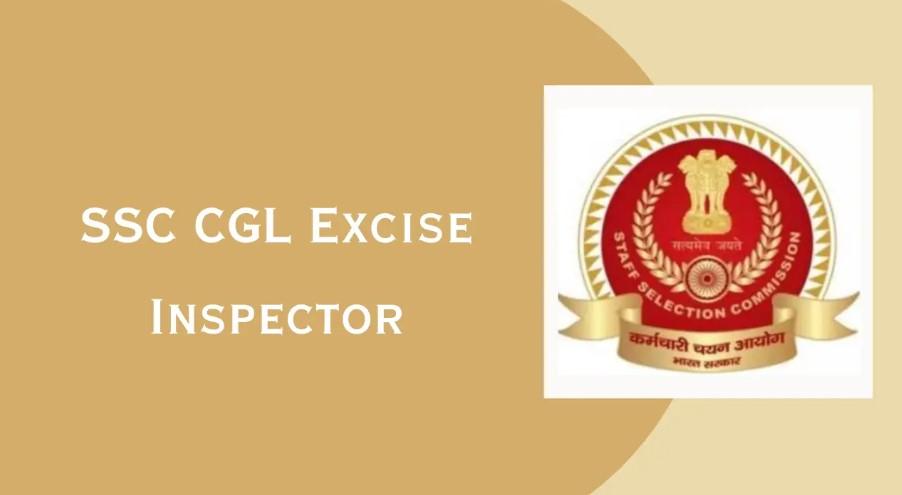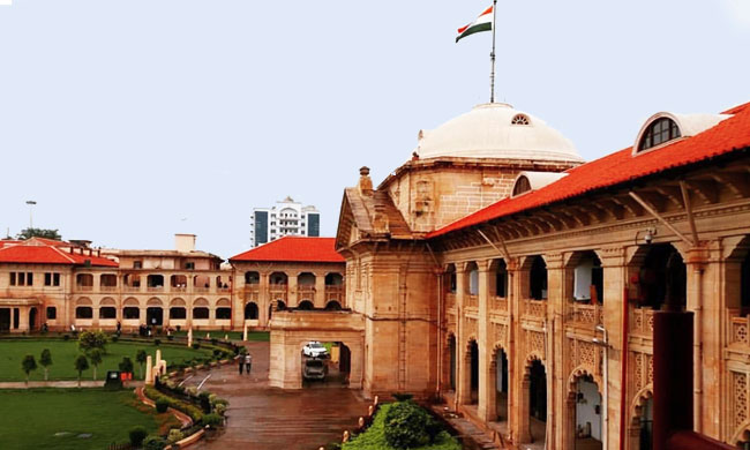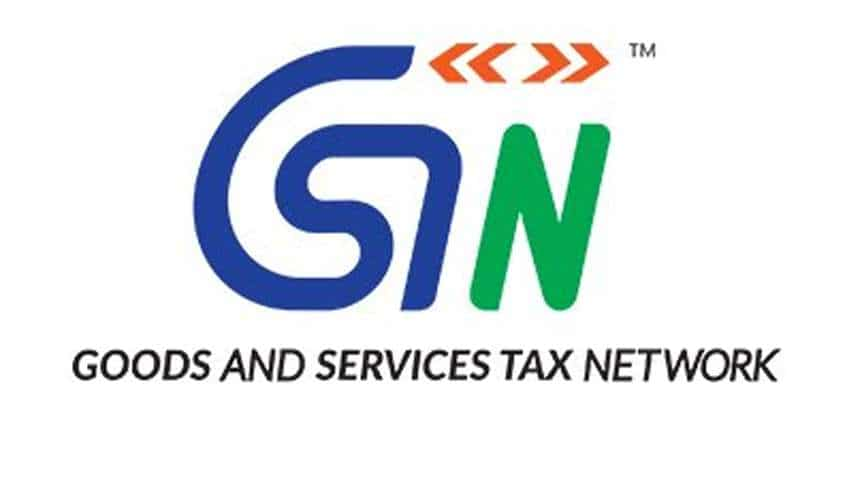GST is a destination-based tax that will replace the current Central taxes and duties such as Excise Duty, Service Tax, Counter Vailing Duty (CVD), Special Additional Duty of Customs (SAD), central charges and cesses and local state taxes, i.e., Value Added Tax (VAT), Central Sales Tax (CST), Octroi, Entry Tax, Purchase Tax, Luxury Tax, Taxes on lottery, betting and gambling, state cesses and surcharges and Entertainment tax (other than the tax levied by the local bodies).

It will be a dual levy with State/Union territory GST and Central GST. Moreover, inter–state supplies would attract an Integrated GST, which would be the sum total of CGST and SGST/UTGST.
Petroleum products, i.e., petroleum crude, high speed diesel, motor spirit, aviation turbine fuel, natural gas will be brought under the ambit of GST from such date as may be notified by the Government on recommendation of the Council. Alcohol for human consumption has been kept outside the purview of GST.
Consensus between Central and state governments has been reached on four-tier rate structure as follows:
A well-designed GST in India is expected to simplify and rationalize the current indirect tax regime, eliminate tax cascading and put the Indian economy on high-growth trajectory.
Related Tags GST














